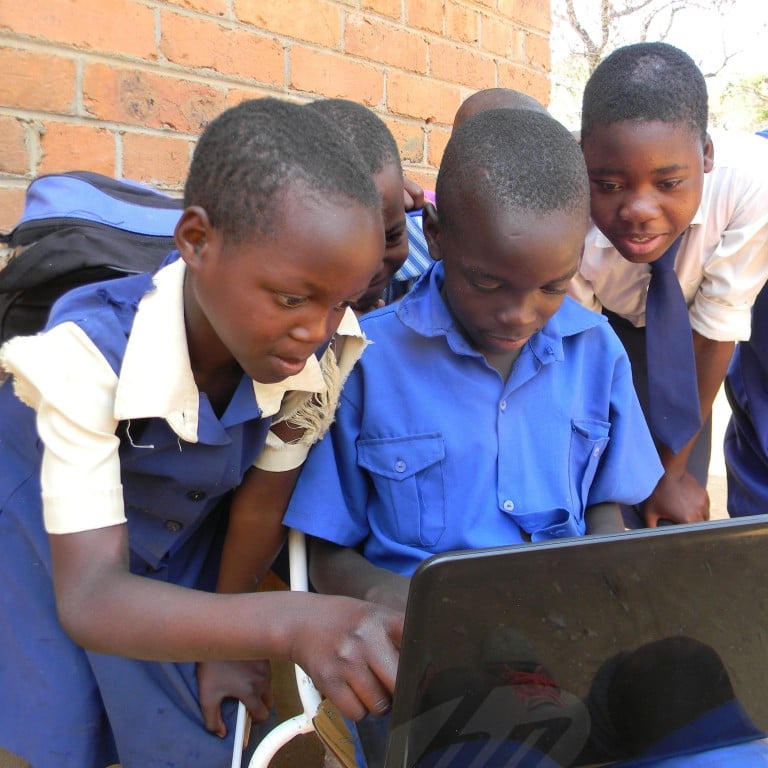
China’s cyberspace regulator vows to work with Africa on AI governance
- Forum hosted by China’s internet watchdog urges Beijing and African countries to work with UN to set up artificial intelligence governing institution
- The conference also calls for more representation of developing countries in regulating the technology
Zhuang made the comments during the opening ceremony of the China-Africa Internet Development and Cooperation Forum on Tuesday in the southeastern port city of Xiamen.
China launches AI framework, urges equal AI rights for all nations
A statement from the forum called on China and Africa to strengthen coordination and cooperation within multilateral frameworks such as the United Nations and to support the UN in establishing an international AI governing institution.
It also called for better representation of developing countries in the global development and governance of the technology.
Hosted by the Cyberspace Administration of China and the Fujian provincial government, the conference was attended by Chinese authorities and representatives from 20 African countries, including government officials from Benin, Gabon and the Democratic Republic of the Congo. African envoys to China and representatives of international organisations also took part in the event.
The UN said the non-binding resolution, proposed by the United States and co-sponsored by China, aimed to promote “‘safe, secure and trustworthy’ AI systems that will also benefit sustainable development for all”.
According to an analysis published by American think tank Brookings Institution last month, only seven African nations have drafted national AI strategies so far, while no country on the continent has implemented formal regulation of artificial intelligence.
While regulating AI might not be a priority for many nations on the continent, “African governments must first work toward reinforcing data regulation along with building the human capital necessary to sustain AI ecosystems”, the report said.
The Xiamen forum statement said that Africa is an “important participant in scientific and technological progress” and that the development and application of AI is of “great significance to developing countries”.
It added that China is willing to work together with the continent to “seize opportunities, meet challenges and strengthen cooperation” in AI.
The statement called for strengthened policy dialogue, research and development, industrial cooperation, talent exchanges and safeguards for cyber and data security.
It called for China and Africa to share best practices and to hold exchanges and dialogues on AI policy, technology, industry, applications and governance.
US-China decoupling would harm AI governance: Henry Kissinger
“[We should] encourage China-Africa cooperation in enhancing AI capacity building, conduct online courses and professional training, and help countries improve AI technology and governance capabilities,” the statement said.
It also called for research and development cooperation on big data analytics, machine learning, natural language processing and computer vision, as well as the use of AI in agriculture, healthcare, education and urban management in Africa.
It was announced at the forum that the Cyberspace Administration of China will establish the China-Africa Exchange and Cooperation Center on Cybersecurity and Digital Economy in Xiamen to promote cyberspace collaboration between Beijing and African countries.
The internet watchdog will also hold a China-Africa cybersecurity training course this year to improve the capabilities of both sides.


